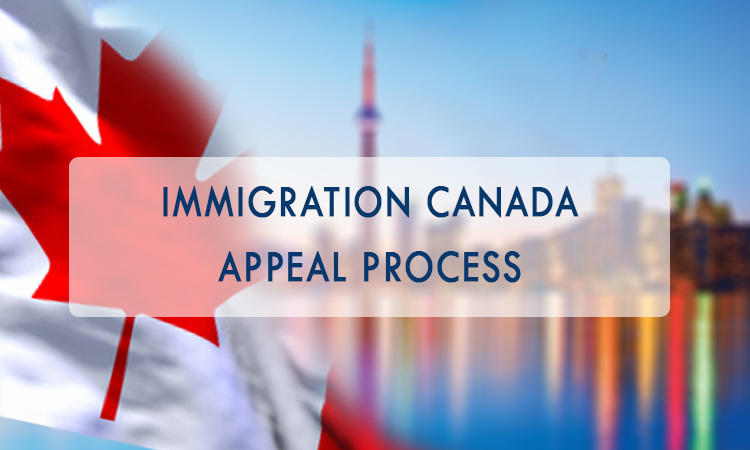There are several reasons you might want to file an immigration appeal in Canada. These reasons include humanitarian and compassionate considerations, Residency obligation, and alternative dispute resolution. Read on to learn more about each one. There are also several steps you can take to ensure your success. In addition to filing an appeal, you can also find out more about the process. If you’re interested in finding out more about the appeal process, keep reading!
Residency obligation appeals
Permanent residents may make an appeal against a decision that reduces their permanent resident status. Applicants must submit a Notice of Appeal form with each affected family member. Humanitarian and compassionate applications may be considered for cases where an applicant would suffer hardship if forced to leave Canada. A hearing will determine whether an applicant has a case. In both cases, the applicant must be willing to show that he or she has met the requirements for the residency category.

In some cases, the government may retain the resident status of a permanent resident if there are humanitarian and compassionate grounds. If a child was taken from Canada by their parents, for example, a parent may want the child to return home once he or she grows up and becomes a permanent resident. In such situations, the appeals process may be expedited. However, an appeal must be filed within 60 days of the CIC decision.
Humanitarian and compassionate considerations appeals
For many applicants, the Humanitarian and Compassionate Considerations application is their last chance of immigration to Canada. Providing as much information as possible in the application will help your chances of being approved. Humanitarian and compassionate considerations appeals are based on the applicant’s situation and the hardships they have faced in their home country. Depending on the specific circumstances, the immigration officer may approve your application.
Applicants may apply for Humanitarian and Compassionate Considerations if their removal order states that they must leave Canada by a certain date. Even if the applicant leaves Canada before the deadline, the government will still process the application. In the case of a denial, you cannot appeal a decision made by the Immigration Officer. However, if you are unable to leave the country, you can take your case to the Federal Court of Canada by hiring the best immigration lawyer in Toronto.
Alternative dispute resolution appeals
The IRCC uses an alternative dispute resolution process for immigration appeals in Canada. It is a less formal, consensual approach to the appeal process and is aimed at bringing families together instead of imposing a decision on them. Depending on the case, the process can be effective in resolving a variety of situations, including marriages and cases involving criminality.
In a meeting called an ADR conference, the Dispute Resolution Officer (DRO) and the member of the IRTC can discuss the merits of each side of the appeal. The DR officer can only facilitate the conference if both parties agree to the procedure. The parties must also have agreed in writing to the process. The Division must approve the agreement before it can proceed. It is not confidential under subrule (4).

Lucille Beck is a bestselling Author of who writes books, legal news & more. She’s best known for writing about matters related to Law.


